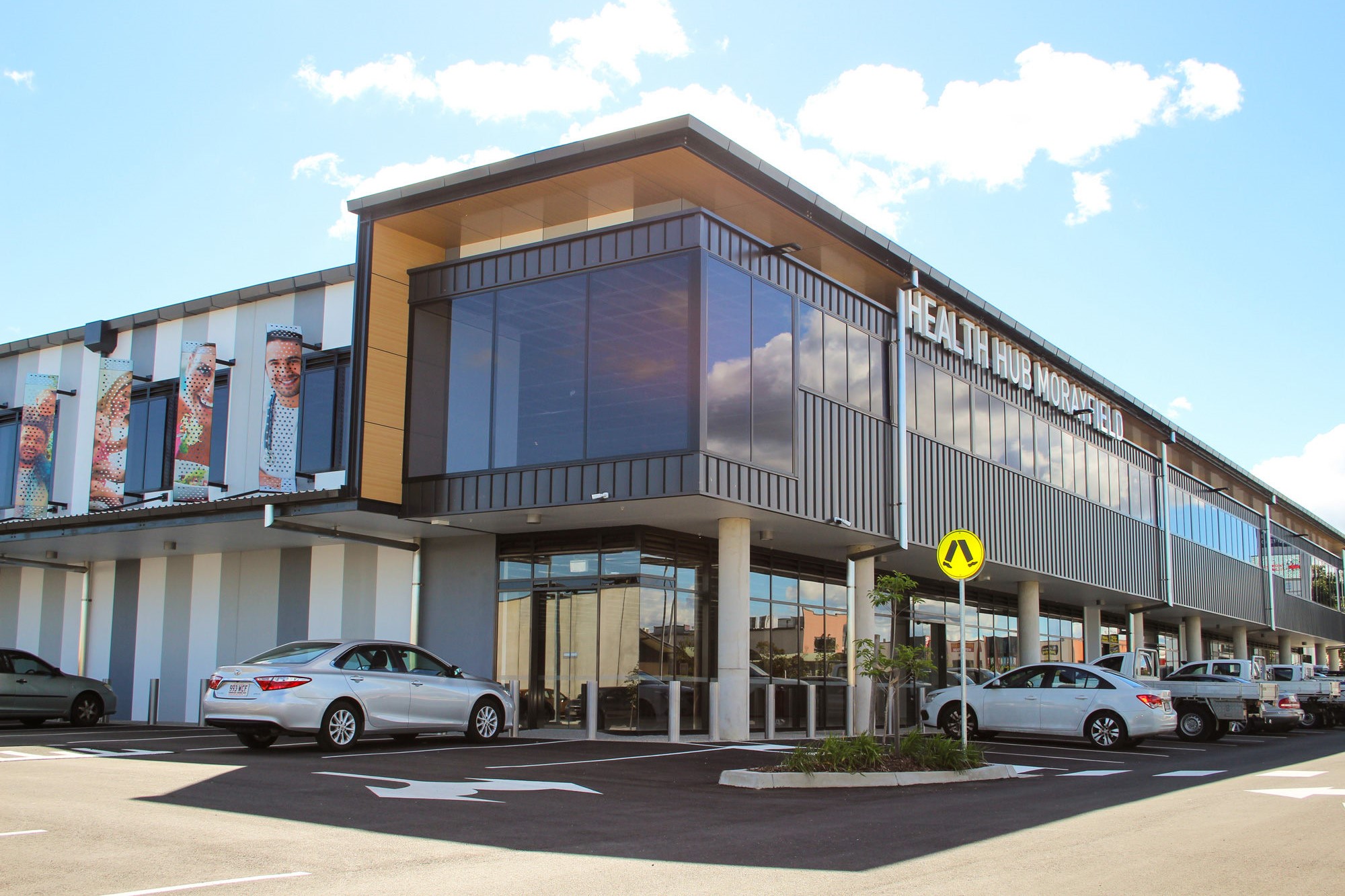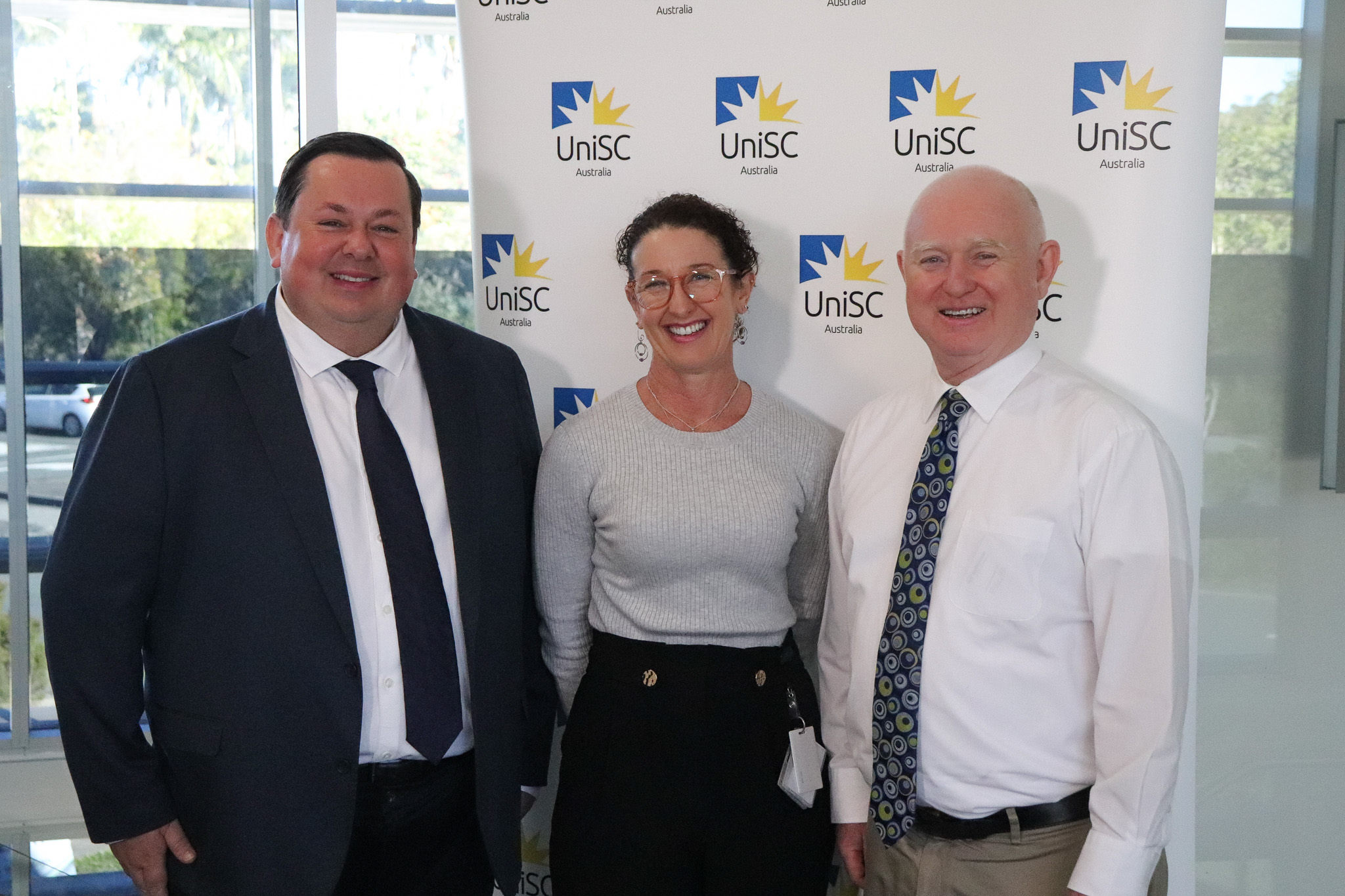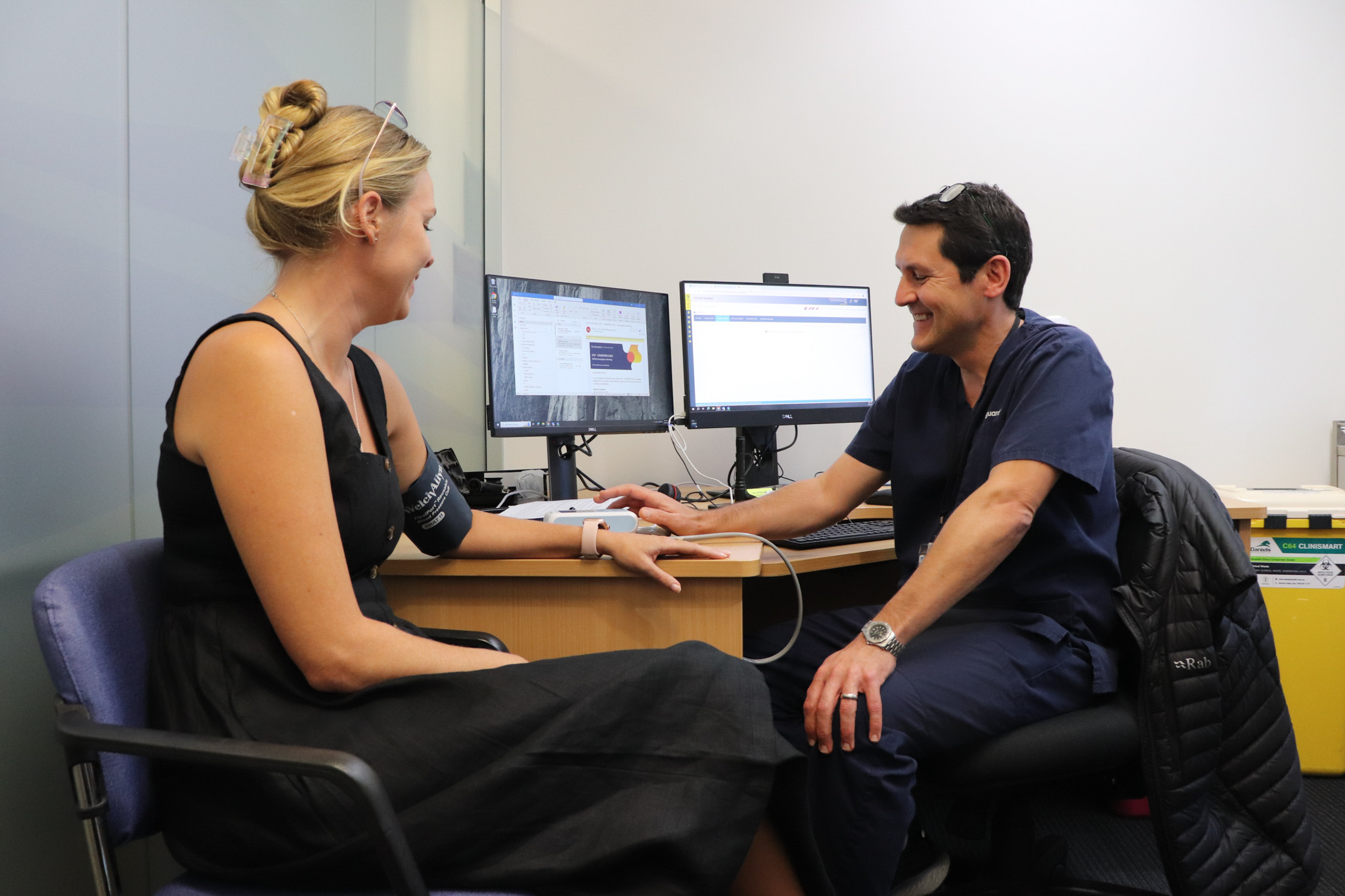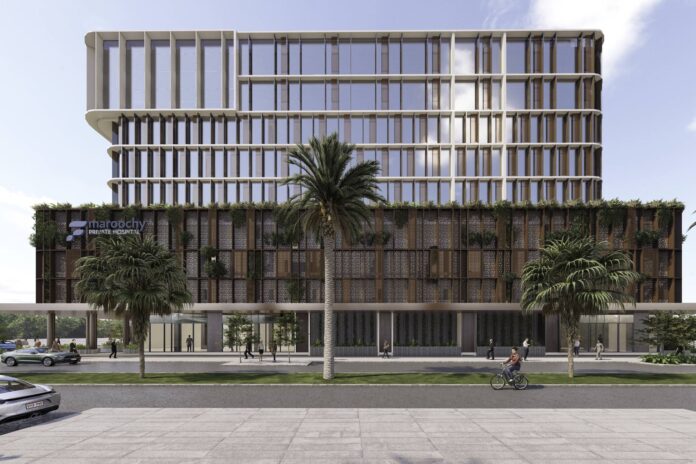An $11.5 million boost will allow the University of the Sunshine Coast to double its clinical trials capacity on the Sunshine Coast and at Moreton Bay.
With support from the Queensland Government through the Industry Partnership Program, UniSC Clinical Trials will increase its presence at the Morayfield Health Hub and establish a new 24-bed facility at the under-construction Maroochydore Private Hospital.
The UniSC Clinical Trials network provides community access to clinical trials, supporting regional patient participation in trials and the development of new treatments and medical devices, with sites in Brisbane, Moreton Bay and the Sunshine Coast.
UniSC vice-chancellor and president Professor Helen Bartlett expected the expansion to offer greater opportunities to researchers, students and patients, and to create more than 100 new jobs during the next five years.
“UniSC’s Clinical Trials has expertise in trials across a range of chronic diseases, vaccines, cancer treatment, healthy volunteers and medical devices across all phases of development,” she said.
“In deciding which trials to lead, we place strong consideration on community interest, so if we can see benefits from an early phase trial, then it’s one we will aim to secure for our community.

“This means we accept a lot of trials for potential medications and treatments to address mental health, coeliac disease, dementia, metabolic diseases like diabetes, eye health, osteoarthritis and various trials for neurological conditions, which our communities have shown us that they care about immensely.”
She said clinical trials also assisted innovators to develop products that could lead to exports.
Swiss orthopaedic product leader Medacta has already signed to co-locate at the Maroochydore hospital to research and develop new prosthetics and medical implants, in a partnership that Professor Bartlett said would benefit industry, researchers and students alike.
“To have all these facilities and expertise co-located at a specialist hospital is going to be a major drawcard for research to the Sunshine Coast and a big step for UniSC as we continue to build partnerships with industry and the community that are mutually beneficial,” she said.

“It’s also fitting that we expand our clinical trial capacity in the City of Moreton Bay as we expand our newest campus there too. Moreton Bay has Australia’s fastest-growing population, expected to reach 690,000 by 2041.”
UniSC deputy vice-chancellor (research and innovation) Professor Ross Young said UniSC Clinical Trials brought cutting-edge medical developments to the community, particularly trials in mental health, diabetes and coeliac disease.
“Clinical trials are an important feature of any advanced healthcare system and critical to the development of new therapies, devices and diagnostics, as well as the delivery of these to patients in the community, starting here in Queensland,” he said.
Do you have an opinion to share? Submit a Letter to the Editor at Sunshine Coast News via news@sunshinecoastnews.com.au. You must include your name and suburb.
“The Sunshine Coast is fast becoming a leading region for biomedical and life sciences research, products and services, with an innovative health and medical infrastructure, research, clinical expertise and industry growth opportunities.
“Co-locating research and development of new medical developments and devices with healthcare delivery at the eight-storey Maroochydore Private Hospital, as they have already done at Morayfield Health Hub, will allow patients to be at the frontline of the latest in that medicine has to offer before it’s available to the general public.”

This project has been funded under the $415.5 million Industry Partnership Program that is part of the Queensland Jobs Fund to boost the state’s industry footprint, create jobs and strengthen the economy and local supply chains.
UniSC Clinical Trials director Lucas Litewka said the network would also start to offer decentralised trials that would take the services into the community to make them more accessible.
“Community involvement is key to the network’s success,” he said.
“The network has delivered more than 120 new clinical trials and recruited over 4000 volunteers from the community, supporting the commercialisation of innovative medicines, medical devices and other therapies.
“We wouldn’t be in this position without the overwhelming support from the community on every project, and our network of health professionals, partners and service providers who have helped propel us to where we are now.”
Scroll down to SUBSCRIBE for our FREE news feed, direct to your inbox daily.





